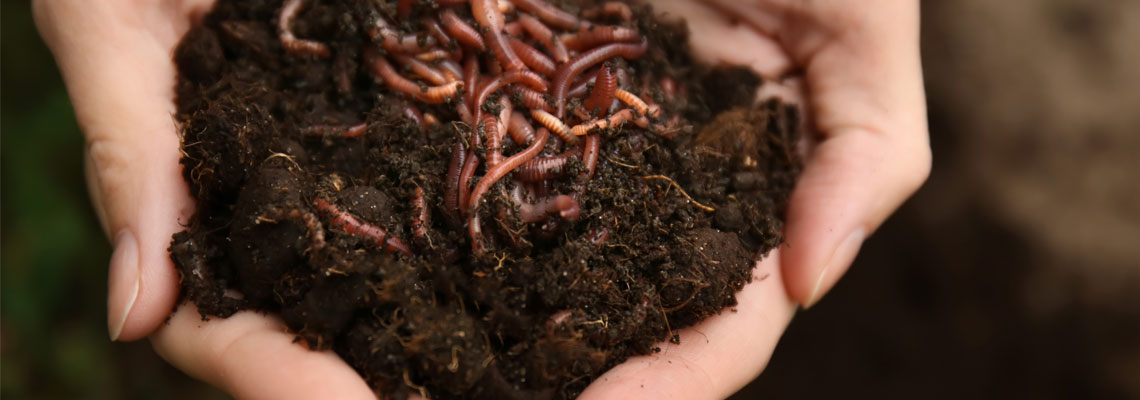Worms & water fleas: innovative wastewater treatment demonstrated in Scotland
Worms & water fleas: 'innovative wastewater treatment' demonstrated in Scotland
Why bugs may be the answer to sustainable sanitation
Utility Scottish Water has started a demonstration project using water fleas, earthworms and microalgae as a carbon-neutral alternative method of treating wastewater.
The 12-month pilot is part of the broader EU H2020 funded Innoqua development taking place in 11 countries designed to promote sustainable water sanitation technologies.
One of the objectives of the project is to provide decentralised, ecological wastewater treatment for use in rural communities, as well as potentially being rolled out to industries such as agriculture and aquaculture.
A small rural community of Littlemill in Nairnshire was selected based on size, remote location and exposure to the Scottish climate to test the reliability and adaptability of the technology.
Existing treatment will continue to be operated alongside the Innoqua trial, to ensure wastewater discharge limits continue are met.
“The technology we are trialling basically replicates a process which happens naturally within soil, but we are using it to clean wastewater,” said project manager Anna Baran from Scottish Water’s Research and Innovation Team.
Lumbrifiltration & daphnifilter: How does the process work?
Called “lumbrifiltration”, the process is an alternative treatment method of organically polluted water.
The principle is based on the vermifilter degradation of domestic water pollution by the association of earthworms Eisenia fetida and Eisenia andrei, and microorganisms (aerobic bacteria).
According to Innoqua, lumbrifilters are generally suitable for swine wastewater treatment, municipal wastewater treatment, and domestic wastewater treatment in China.
Meanwhile, the University of Girona has investigated the purification mechanisms performed by common water fleas, known as Daphnia sp. and especially their role in the reduction of suspended solids and pathogen bacteria.
After several years of testing and experiments, they have demonstrated that the daphniafilter constitutes a technically feasible and competitive (in terms of cost and efficiency) innovative tertiary treatment.
Where are the other demonstration sites?
The Innoqua modular system is being tested in developed and developing countries, with varying system configurations. Currently being demonstrated across four continents, the sites and partners include:
| Ireland | Industrial application – Cattle farming | Partner: NUIG |
| France | Industrial application – Aquaculture | Partner: LBT |
| France | Domestic application – Tertiary | Partner: NBK |
| Italy | Domestic application – Western single family | Partner: DE5-R2M |
| Romania | Domestic application – Tourism | Partner: RMC-ECOIND |
| Scotland | Domestic application – Collective housing in extreme conditions | Partner: SW |
| Turkey | Domestic application – Private residential complex | Partner: EKO |
| Ecuador | Domestic application – Residential | Partner: GYA-UCU |
| Peru | Domestic application – Residential | Partner: UCSM |
| India | Domestic application | Partner: BORDA |
| Tanzania | Domestic application – Tertiary & Single family | Partner: BORDA |
[Source: Innoqua]
Related content
Share your water technology stories with us
Do you have an innovation, research results or an other interesting topic you would like to share with the international water technology industry? The Aquatech website and social media channels are a great platform to showcase your stories!
Please contact our Sr Brand Marketing Manager Annelie Koomen.
Are you an Aquatech exhibitor?
Make sure you add your latest press releases to your Company Profile in the Exhibitor Portal for free exposure.
We promise never to send you spam and you can unsubscribe at any time!
